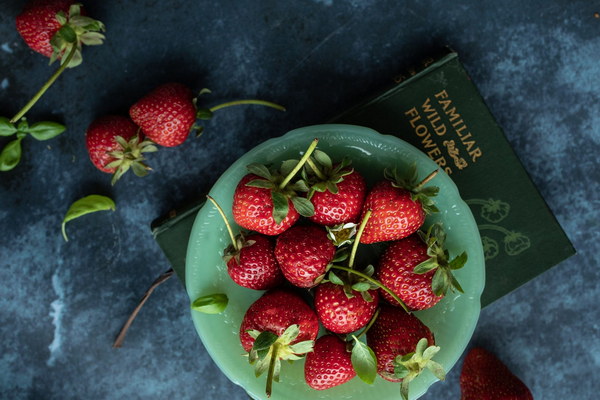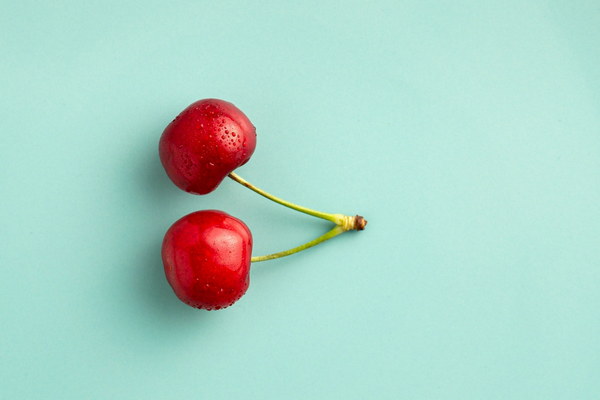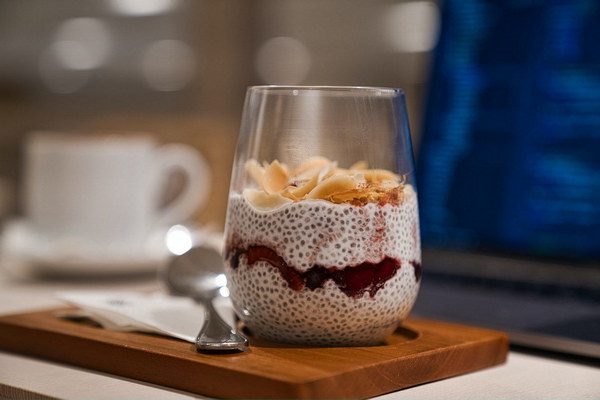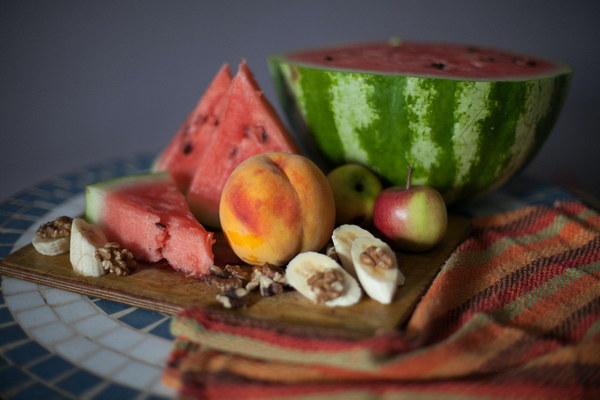Exploring the Benefits of Moxibustion for Strengthening the Spleen and Stomach A Comprehensive Insight
Introduction:
Moxibustion, an ancient Chinese therapy, has been practiced for thousands of years. It involves burning dried mugwort on specific points of the body to stimulate healing. One of the most popular applications of moxibustion is to nourish the spleen and stomach, which are vital organs in traditional Chinese medicine (TCM). This article delves into the effectiveness of moxibustion for strengthening the spleen and stomach, based on insights from the Zhihu (Chinese equivalent of Quora) community.
1. Understanding the Spleen and Stomach in TCM:
In TCM, the spleen and stomach are considered the Central Emperor of the body, responsible for transforming and transporting nutrients, producing blood, and maintaining overall health. Weakness in these organs can lead to various health issues, including digestive disorders, fatigue, and weakness.
2. How Moxibustion Works:
Moxibustion involves burning dried mugwort, a herb known for its warming properties, over specific acupuncture points. This process stimulates the flow of Qi (vital energy) and blood, promoting healing and balancing the body's internal systems.
3. Benefits of Moxibustion for the Spleen and Stomach:
According to TCM principles, moxibustion can provide several benefits for the spleen and stomach:
a. Improves Digestion:
Moxibustion at specific points, such as ST36 (Zusanli) and ST37 (Shangjuxu), can help improve digestion by promoting the movement of Qi and blood in the gastrointestinal tract. This can alleviate symptoms of indigestion, bloating, and constipation.
b. Enhances Immune System:
The spleen in TCM is responsible for producing and transporting blood, which is essential for the immune system. Moxibustion can strengthen the spleen, leading to an enhanced immune response and decreased susceptibility to illnesses.
c. Reduces Fatigue:
A weakened spleen can lead to fatigue and weakness. Moxibustion can boost the spleen's functions, providing more energy and vitality.

d. Alleviates Allergies:
The spleen and stomach are closely related in TCM, and allergies are often linked to an imbalance in these organs. Moxibustion can help regulate the immune response and reduce allergic symptoms.
4. Zhihu Community Insights:
The Zhihu community has shared numerous experiences and insights regarding moxibustion for strengthening the spleen and stomach. Here are some key takeaways:
a. Personal Testimonials:
Many users have reported significant improvements in their digestion, energy levels, and overall well-being after incorporating moxibustion into their routine.
b. Professional Recommendations:
TCM practitioners often recommend moxibustion for patients with spleen and stomach issues, emphasizing its effectiveness in balancing the body's internal systems.
c. Safety and Side Effects:
While moxibustion is generally considered safe, it is crucial to consult a qualified TCM practitioner to ensure proper application. Some users have experienced minor side effects, such as redness or bruising at the acupuncture points, but these are usually temporary.
Conclusion:
Moxibustion has emerged as a promising therapy for strengthening the spleen and stomach in TCM. Based on insights from the Zhihu community, it is evident that many individuals have experienced significant benefits from this ancient practice. However, it is essential to seek professional guidance to ensure safe and effective application of moxibustion. By incorporating moxibustion into a holistic approach to health, individuals can potentially achieve improved digestion, enhanced immune function, and increased vitality.









